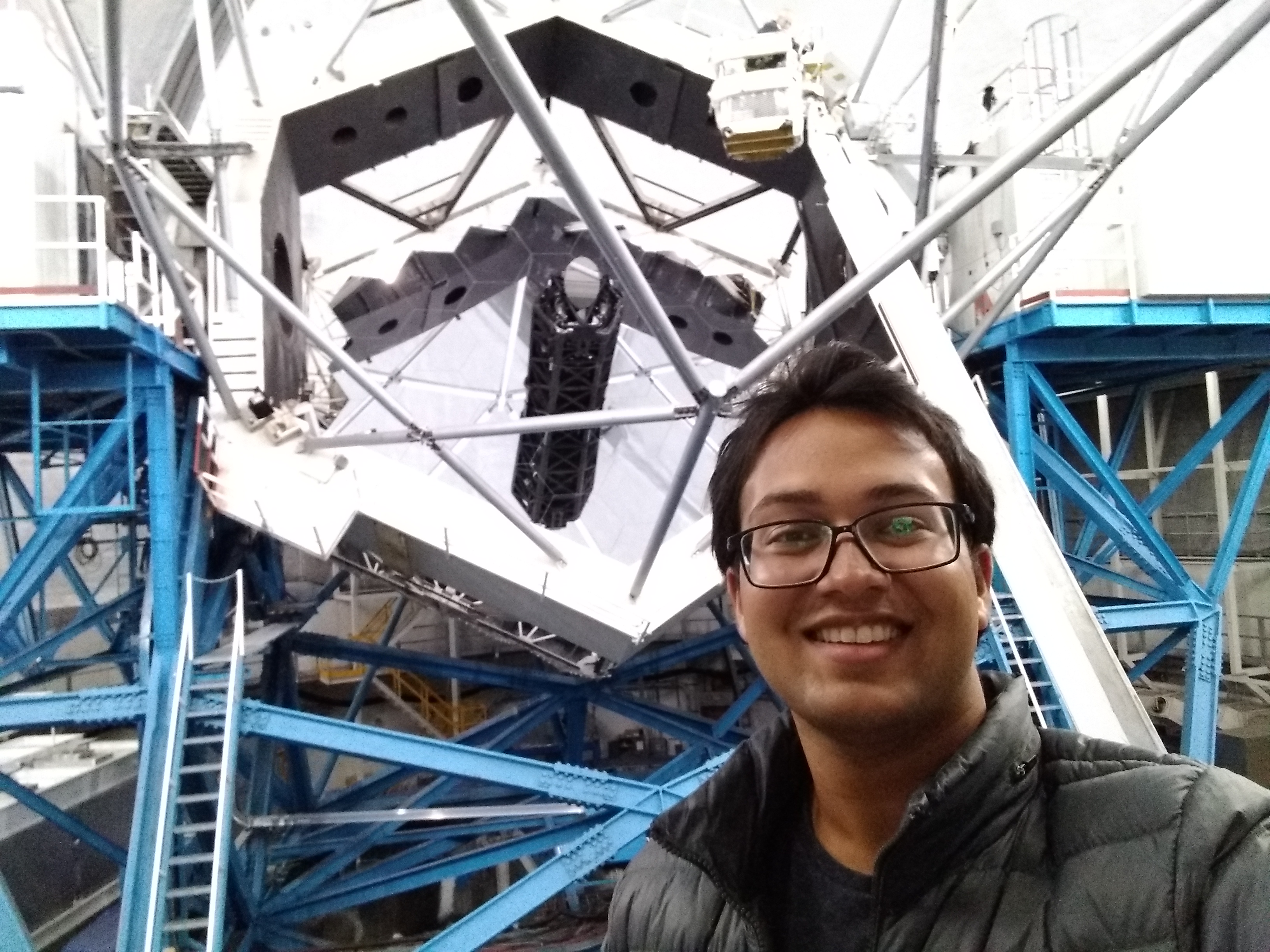Meet the 2024 KISS Affiliates
What do you research?
The direct detection of radiation originating in exoplanetary atmospheres is a requirement for the identification of spectral signatures indicative of extraterrestrial biological activity. I use the latest generation of ground- and space-based technologies to lead innovative projects that push the envelope in imaging and characterizing exoplanetary systems. Currently, I am working on a project that aims to search for exoplanets and zodiacal emission around our closest stellar neighbor, Alpha Centauri A, with the James Webb Space Telescope.
Why does space inspire you?
Space inspires me with its endless possibilities for discovery and its ability to bring together and excite people from different walks of life.
If you could instantly travel to any point in the universe, where would you choose to go?
I would travel to Kepler 16-b, the first planet discovered to be orbiting two stars similar to Tatooine in Star Wars, dressed as a Jedi carrying a lightsaber.
Where can you be found when you’re not conducting research?
When not conducting research, I can be found playing the guitar, watching Formula 1, playing tennis, reading fiction, gaming on my Playstation 5, and exploring the art of Japanese anime.
What book do you wish you could read for the first time again?
The Silo Saga Omnibus by Hugh Howey. I like how dystopian fiction provides readers a new perspective on human life.

Picture of Aniket with the primary mirror of the Keck II Telescope at the W. M. Keck Observatory in Hawaii. Aniket uses the Keck II Telescope to hunt for planets around stars outside our Solar System.
